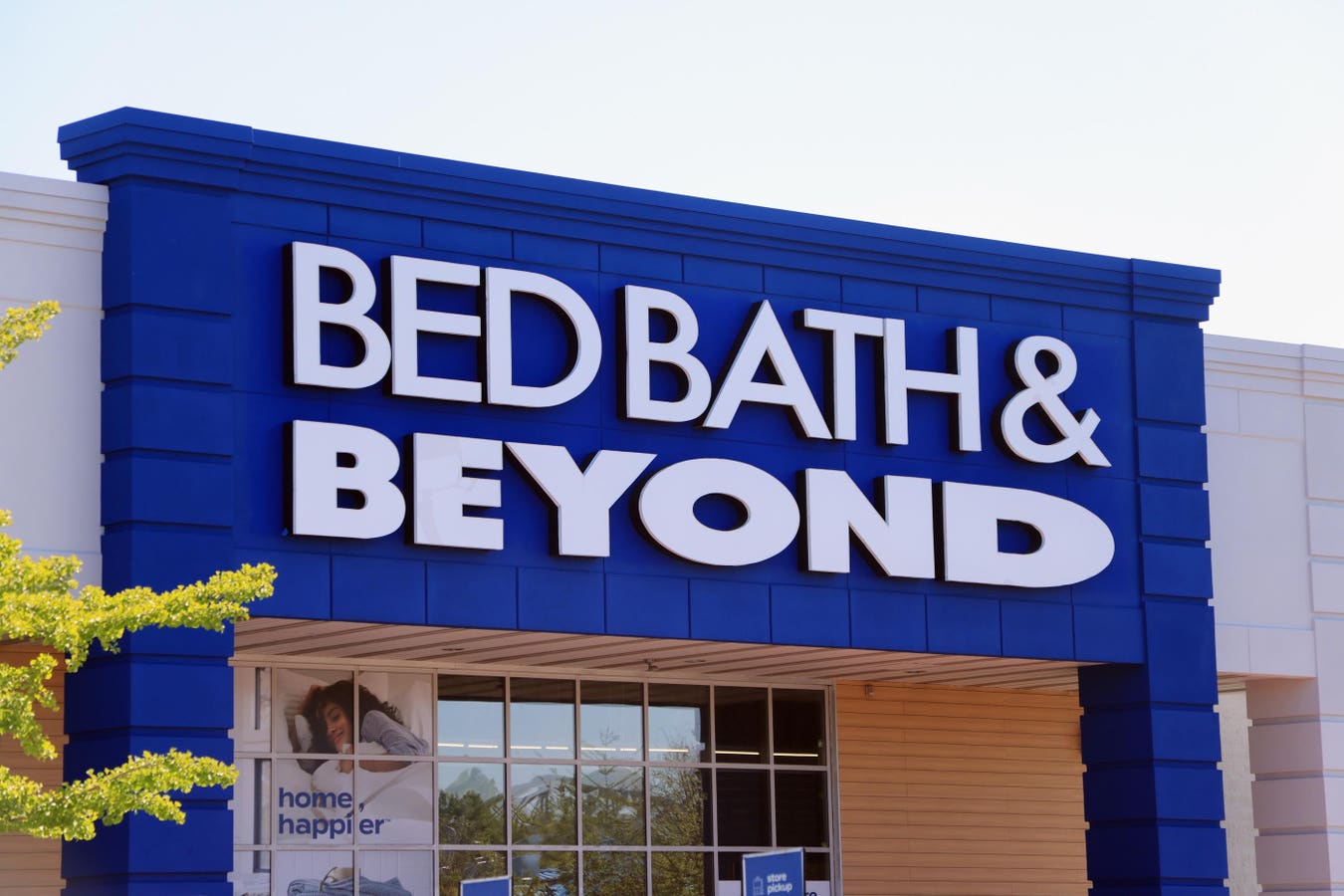To The Container Store and Beyond. Yes, despite Beyond Executive Chairman Marcus Lemonis recently declaring that the company had no plans to bring the Bed Bath & Beyond brand back to U.S. stores if it involved spending money on leases and opening locations, the brand could be making a comeback via a new $40 million deal.
The news came after The Container Store Group Inc. attempted to no longer be boxed in after it agreed to sell $40 million of preferred equity under a partnership with Beyond Inc., which should see the latter put product into its stores.
That prompted a brief stock rally, as The Container Store stock spiked and then drifted back to current norms, which is down at about a third of the value it held 12 months ago.
In all, Beyond could obtain roughly 40% equity ownership in The Container Store Group if that investment is converted into common stock as the chain — best known for closet organizers, storage shelves and container bins — as it is set to issue a new series of preferred stock that can be converted into common shares at $17.25 each.
Following the news, its shares surged nearly 30% Wednesday morning before slumping back to summer levels.
For Beyond, the owner of retail brands including Bed Bath & Beyond, Overstock and Zulily, the new partnership with The Container Store will involve the opening of co-branded spaces, a loyalty program and adding The Container Store products to Beyond websites.
Bed Bath & Beyond…Again
Under the deal, The Container Store locations will showcase spaces that feature Bed Bath & Beyond’s assortment for kitchen, bath and bedroom and the initiative will mean a return to physical shops for the famous brand about 18 months after the original company filed for bankruptcy and switched to e-commerce only under its new ownership.
For its part, The Container Store has been struggling with declining revenue and a debt pile maturing in 2025 and 2026. In May, the company announced that it had hired Latham & Watkins and JPMorgan Chase & Co. to consider strategic alternatives.
That came after S&P in March downgraded the company’s issuer credit rating to B-, while also in May the New York Stock Exchange warned the company that it faced delisting after its stock price dropped below the required level for a sustained period. Then, in August, the retailer reported that its Q1 sales had fallen 12.2% year over year to about $182 million. The company’s net loss also grew to $14.7 million from $11.8 million from a year prior for the first quarter.
Poison Pill Provision
The Container Store operates about 100 stores in 34 states and, fearing an unwanted takeover, recently adopted a so-called poison-pill provision. This is a method used to fend off unwanted takeovers by making them prohibitively expensive, after it saw a “rapid and significant accumulation” of its shares by a single stockholder.
“This agreement will enable us to harness Beyond’s data platform and analytics to better identify and target customers at critical points in their purchase journeys and enhance communications with new and existing customers,” Container Store CEO Satish Malhotra said in a statement. “It will allow us to expand our reach across our combined network and position us to leverage Beyond’s e-commerce expertise to further our own omni-channel tools and capabilities.”
Marcus Lemonis, Beyond’s executive chairman, added in a statement that The Container Store’s high margin custom spaces business is a “tremendous whitespace” and that by licensing the Bed Bath & Beyond brand, the retailer should benefit by growing its assortment.
Beyond’s Q2 net revenue fell 5.7% to $398 million from $422 million, although it reduced its net loss to $43 million from $73 million, while it also said in September that it is planning to open stores internationally through a licensing program.
Read the full article here





